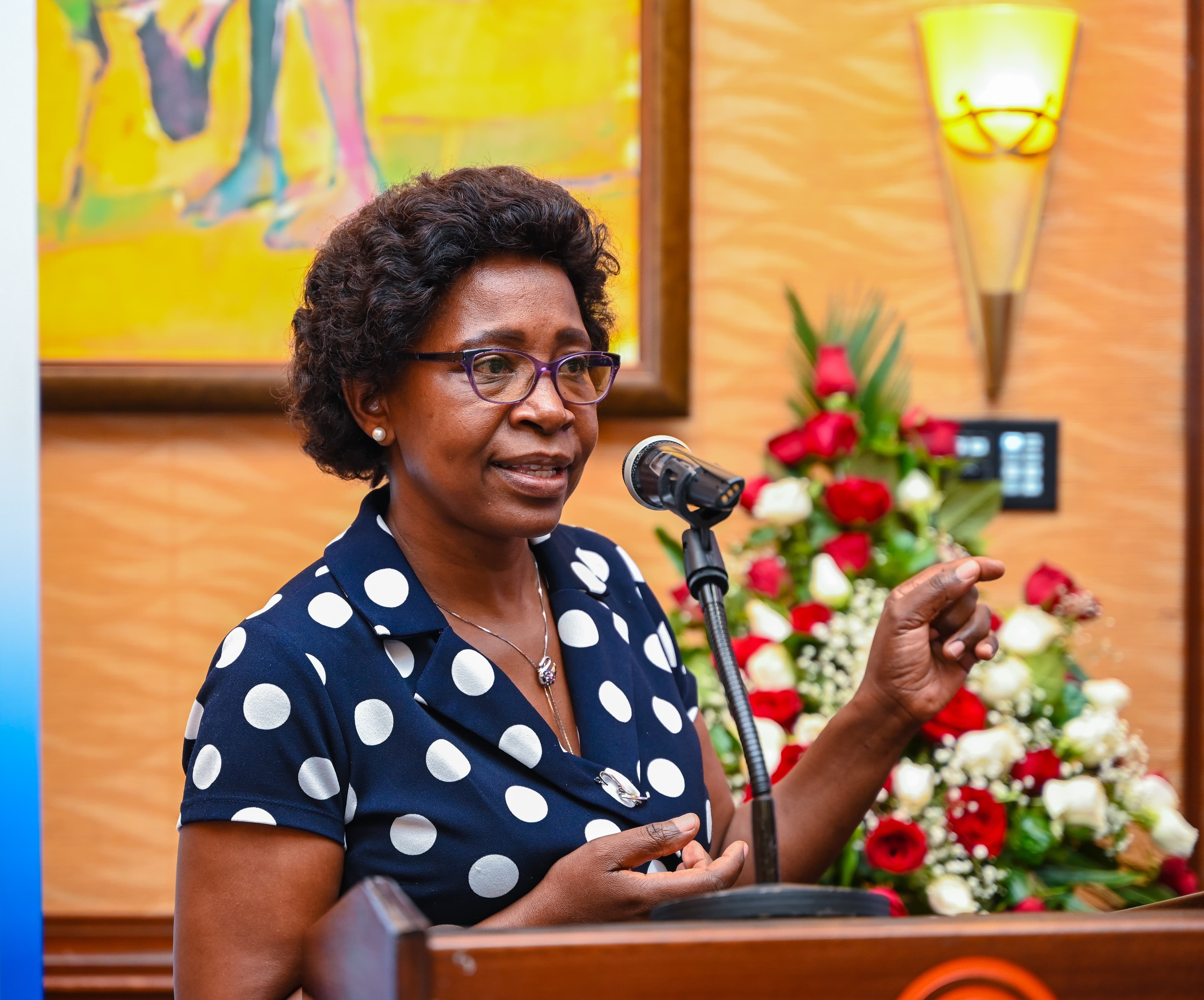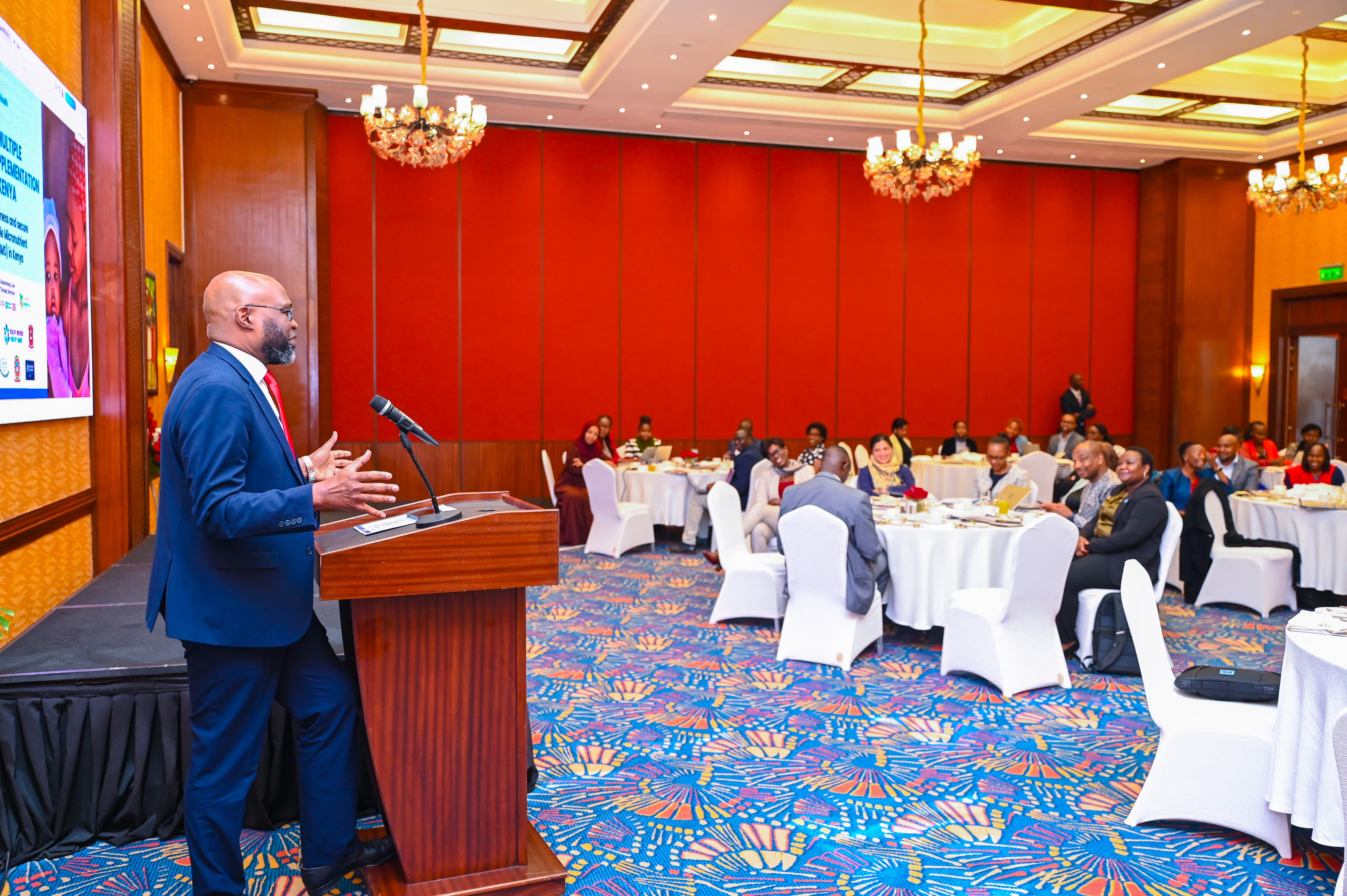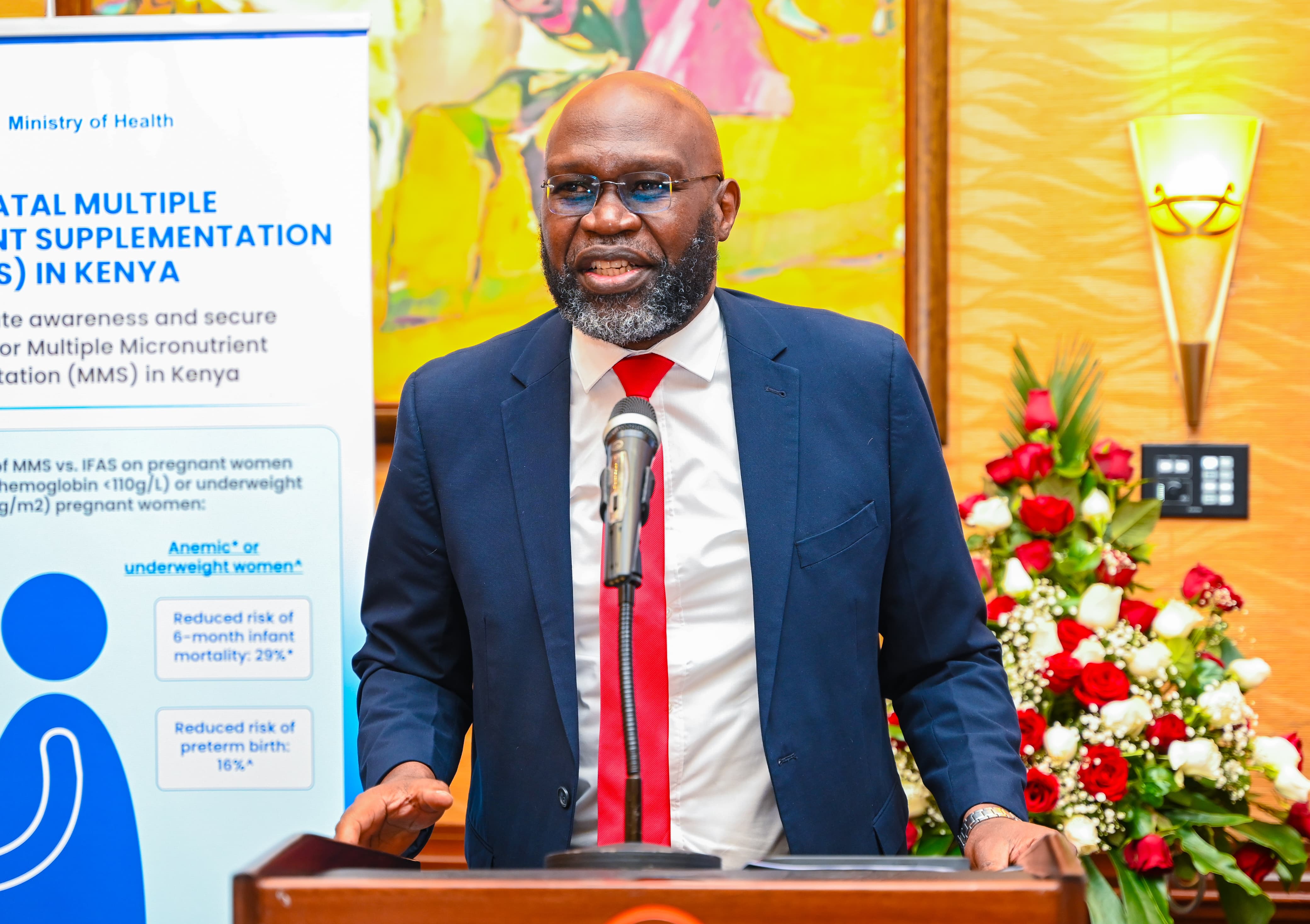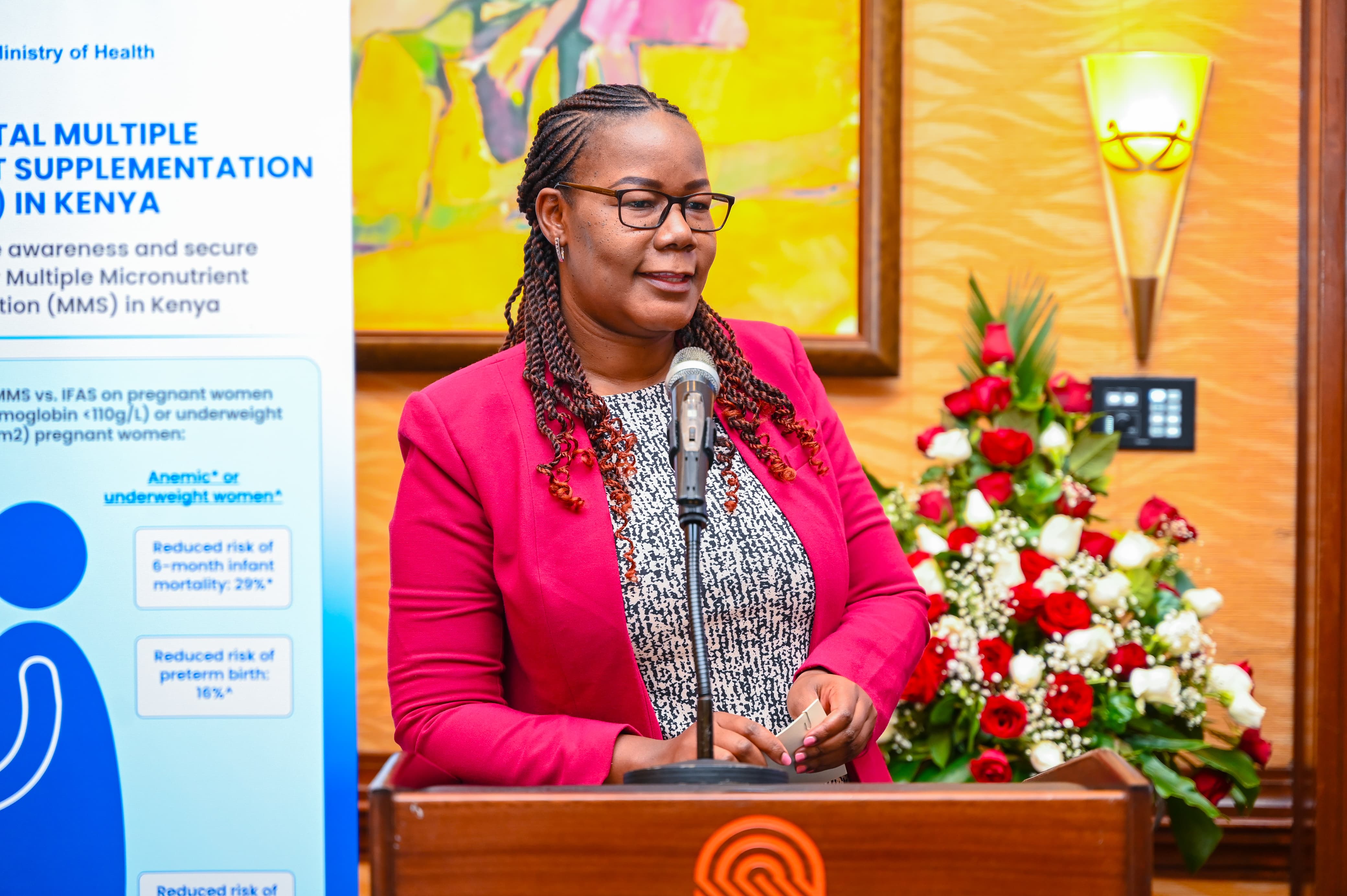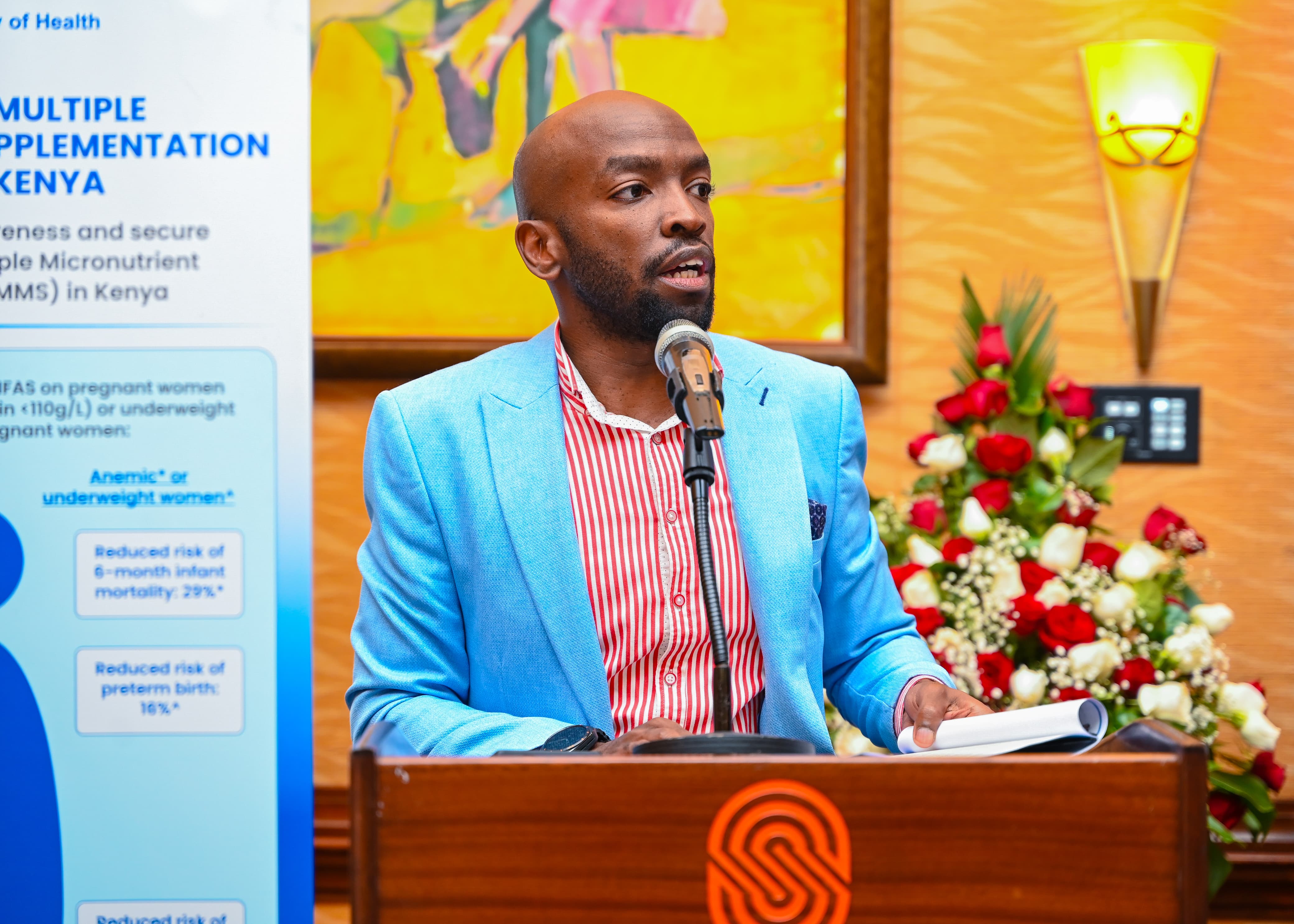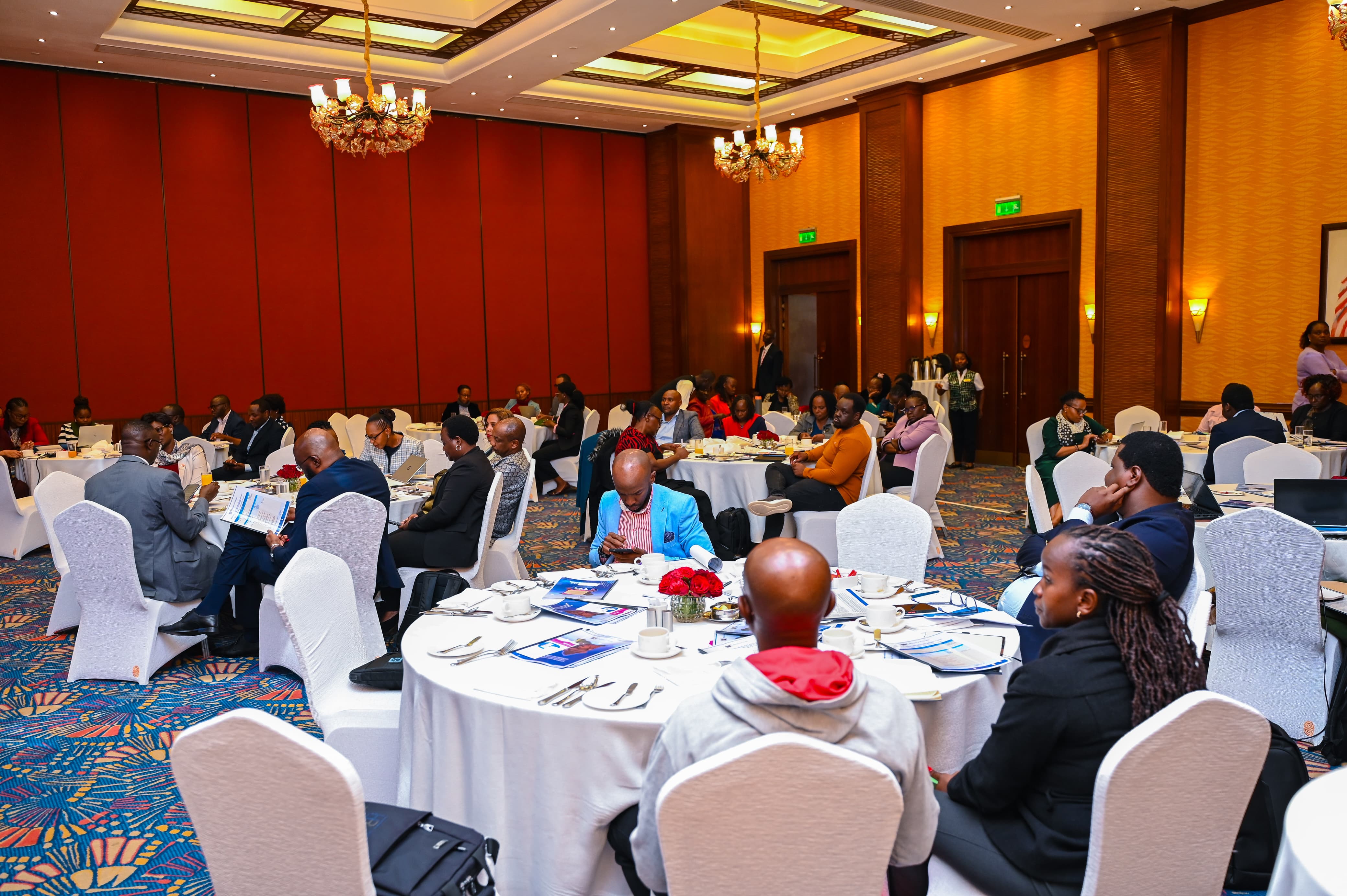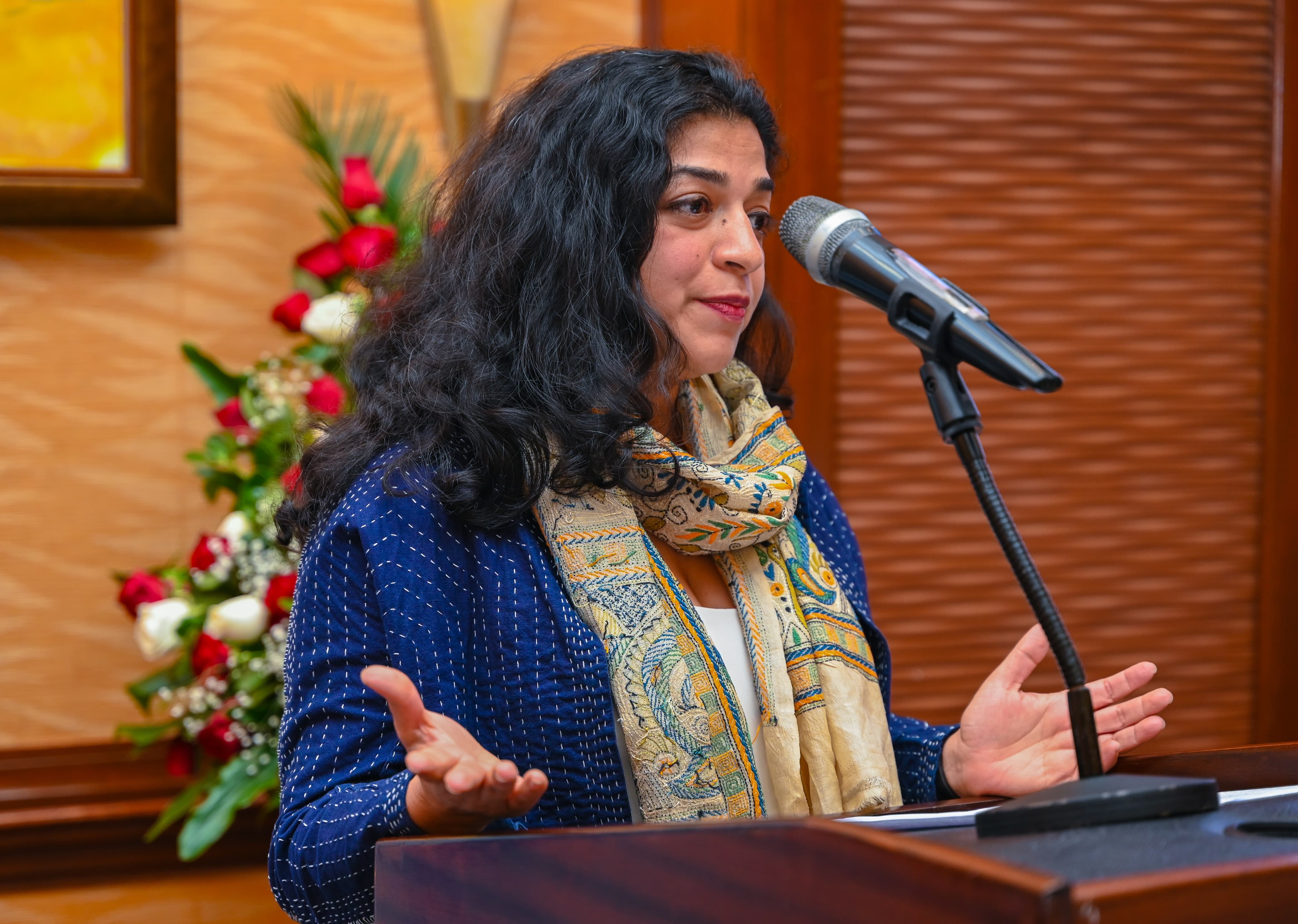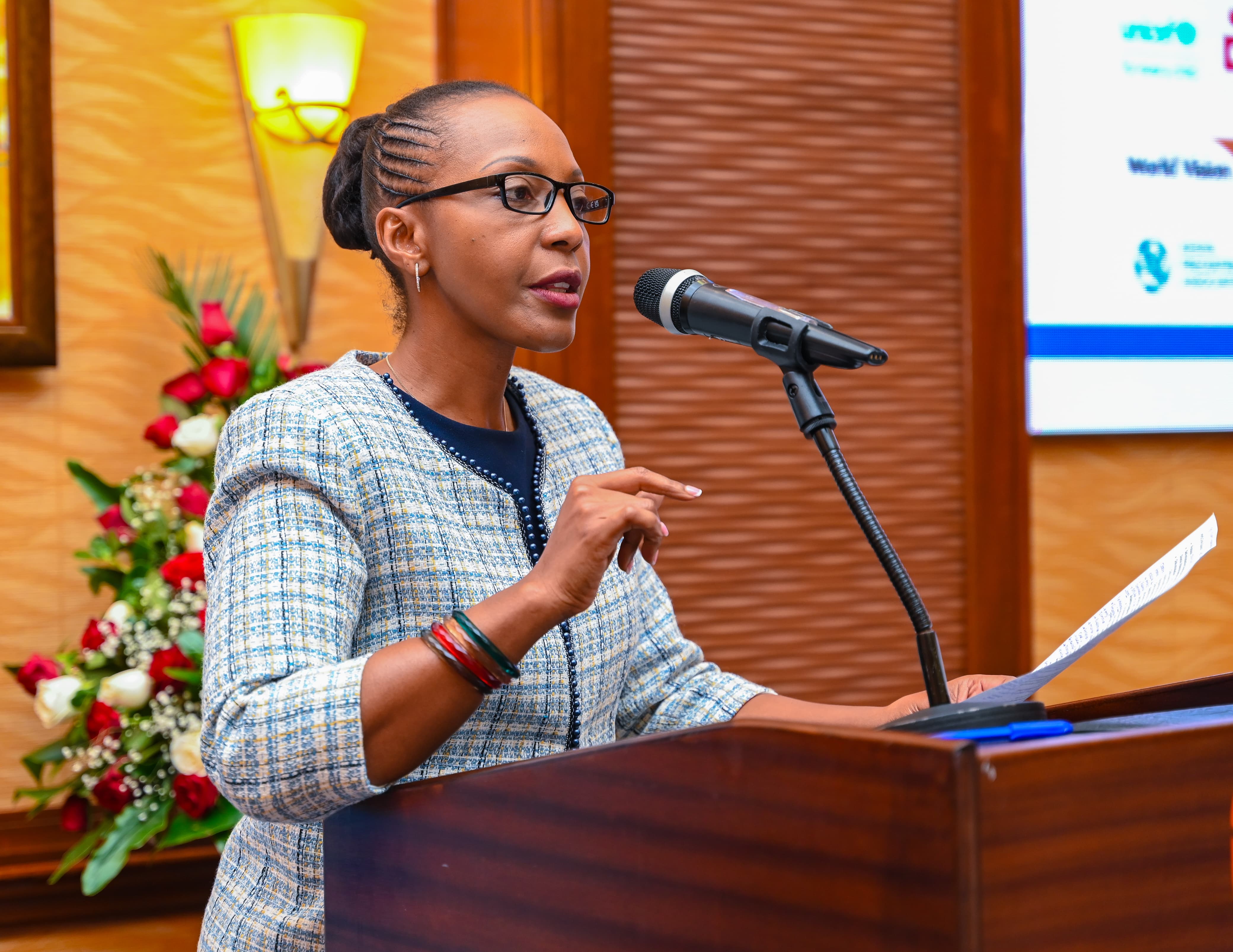Health Ministry Launches MMS Research Agenda to Boost Maternal Nutrition
Nairobi , 2025 The Ministry of Health has launched the Multiple Micronutrient Supplementation (MMS) Implementation Research Agenda to mobilize high-level commitment for evidence-based policy action aimed at improving maternal nutrition in Kenya.
This comes against the backdrop of worrying statistics from the Kenya National Micronutrient Survey, which showed that over 40% of pregnant women are anaemic and more than 80% of women and children suffer from zinc deficiency. MMS, which contains 15 essential has proven more effective than standard iron and folic acid supplementation (IFAS) in reducing maternal anaemia, low birth weight, and preterm births.
The High-Level Advocacy Meeting also inaugurated the National MMS Working Group to guide Kenya’s transition from IFAS to MMS.
The group will offer technical leadership and coordinate implementation research to generate local evidence on MMS feasibility, acceptability, and effectiveness, as recommended by WHO in 2020.
In remarks delivered on her behalf by Dr. Sultani Matendechero, Deputy Director General of Public Health, Principal Secretary Mary Muthoni Muriuki, CBS, underscored the Ministry’s commitment to tackling micronutrient deficiencies through a comprehensive package of interventions, including supplementation, dietary diversification, food fortification, and strengthened public health measures.
She emphasized the importance of strengthening community health systems and antenatal care services to boost supplement uptake and adherence, and urged stakeholders to support resource mobilization and technical assistance for the research phase, which will inform a sustainable national rollout of MMS.

